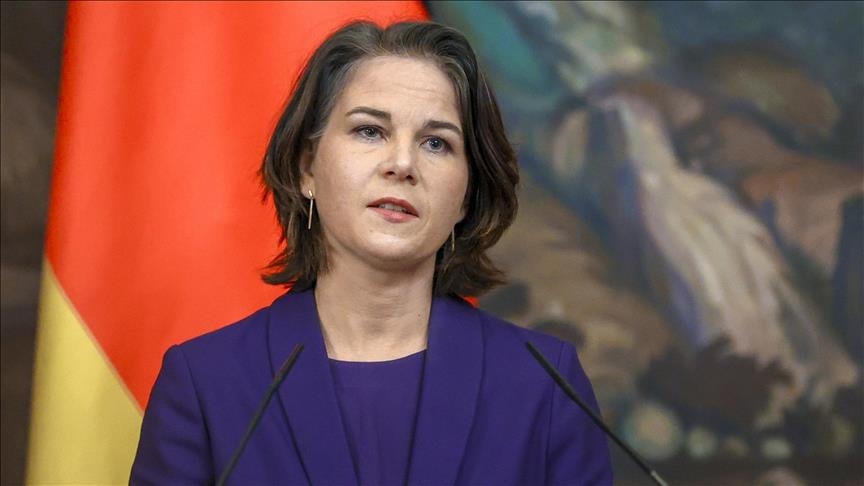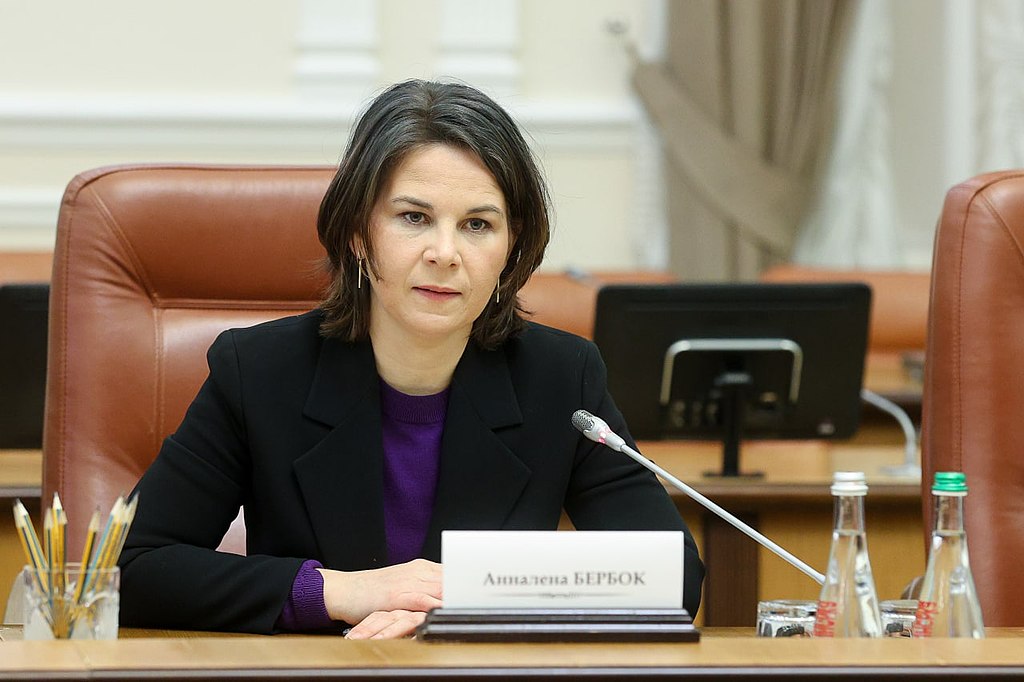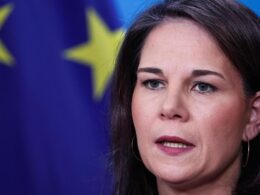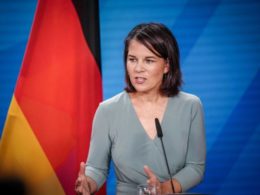German Foreign Minister Annalena Baerbock is set to confront China directly about its support for Russia's military efforts during her upcoming visit to Beijing.
The Baerbock's visit to China coincides with German Chancellor Olaf Scholz to Ukraine on 2 December. During his first visit to the Ukrainian capital in two and a half years, Scholz pledged additional military aid worth 650 million euros ($683 mn).
Speaking to the German news agency DPA on 1 December, Baerbock criticized China's actions, arguing that instead of fulfilling its responsibilities as a permanent UN Security Council member, the country is actively undermining European interests by providing economic and military assistance to Russia.
The visit comes amid growing international concern about China's role in the ongoing war. While Beijing has not openly supported Russia's war, Western allies allege that China is supplying Russia with dual-use goods, including microelectronics and drone components.
Boris Ruge, acting deputy NATO secretary general said that "China has become a crucial factor in this war" by providing components, equipment, and raw materials that sustain the Russian military machine.
The diplomatic tension is further heightened by the G7 foreign ministers' communiqué from 26 November, which explicitly condemned China's efforts to help Russia rebuild its defense industry. The European Union is preparing a comprehensive sanctions package that could impose significant restrictions on China.
"Instead of taking responsibility for peace and security in the world as a permanent UN Security Council member, China is going against Europe's fundamental interests and providing economic and military support to Russia," Baerbock said.
The German minister said that Germany cannot simply ignore these actions in its diplomatic relations with China. This forthright approach signals a potentially confrontational dialogue during her Beijing visit, as European powers seek to address what they perceive as China's direct involvement in supporting Russia's military capabilities.
Read also:
Scholz arrives in Kyiv, pledges $ 680 million in military support




